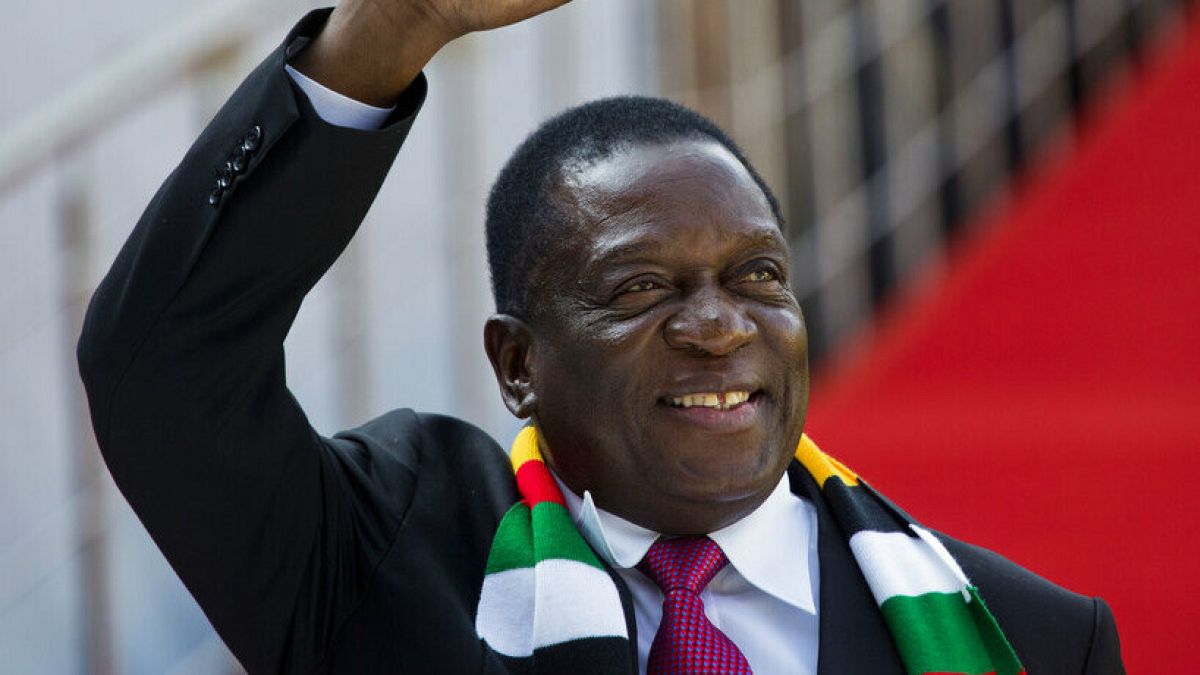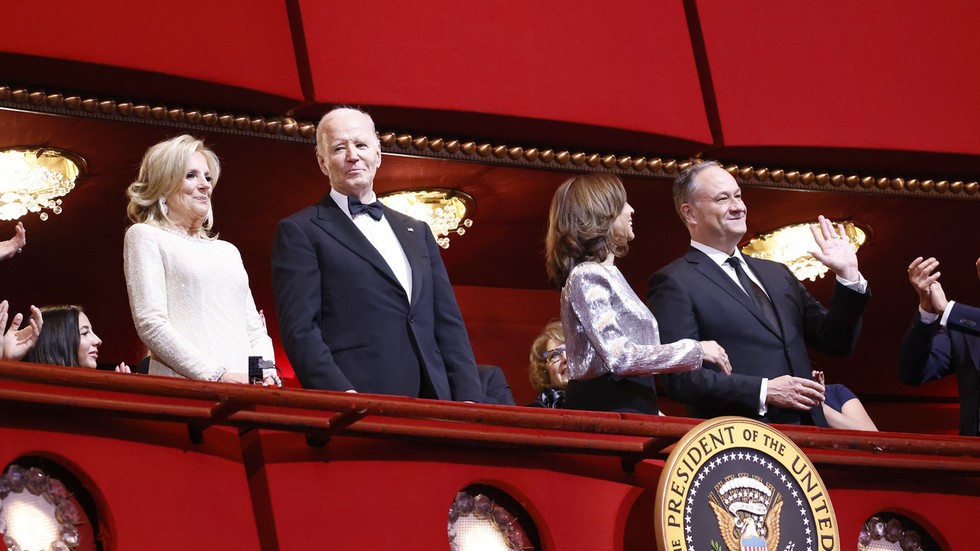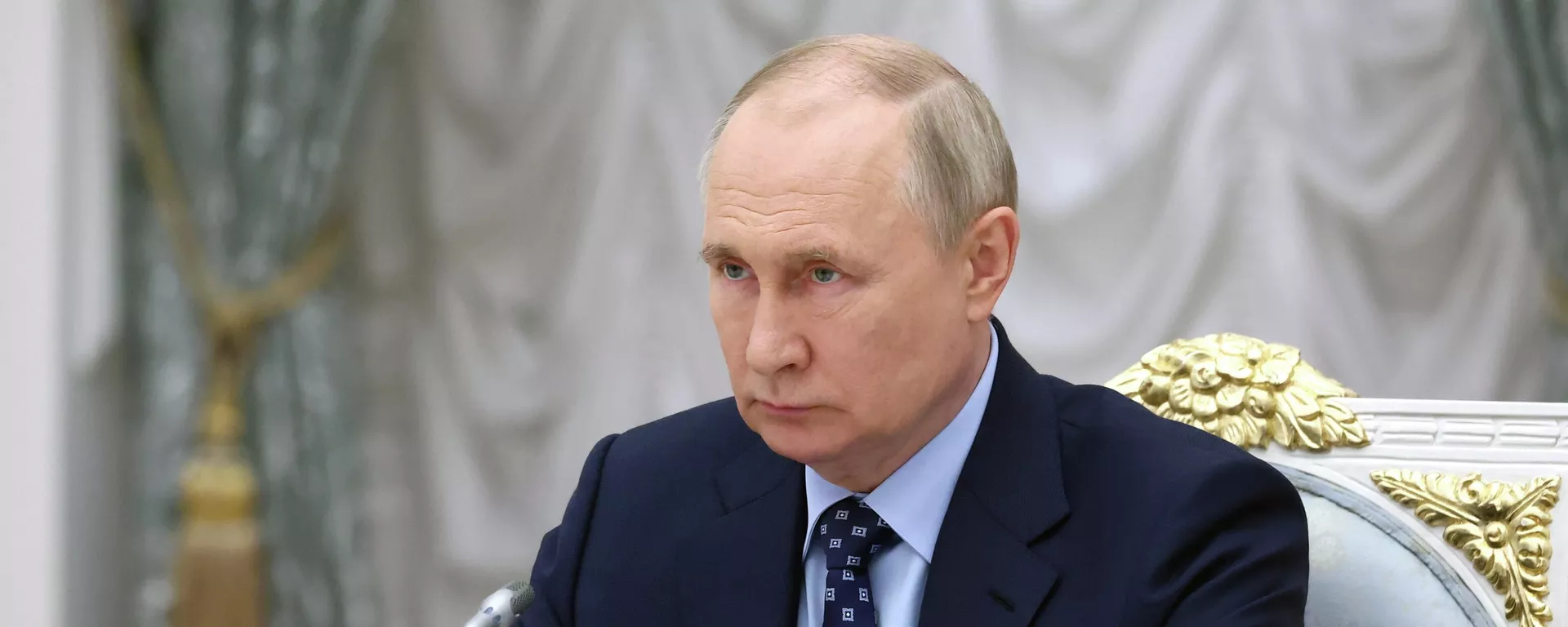Christine Lagarde also said that the ECB will continue to cut interest rates, but that worries persisted about economic growth.
European Central Bank President Christine Lagarde has warned US trade policies could affect the EU economy if President-elect Donald Trump is to keep his campaign promises.
In a conference on the 10th anniversary of Lithuania joining the eurozone, Lagarde warned about prospects for even slower growth if the incoming US administration imposes tariffs and if "geopolitical tensions" result in higher energy prices and freight costs.
She also said that the bank would cut interest rates further if inflation continued to ease towards its 2% target, which she said the policymakers were "close to achieving."
Speaking in Vilnius on Monday after the fourth cut of 2024 last week, Lagarde repeated her earlier assertion that if the data confirmed the bank's baseline, "the direction of travel is clear". But in a presser ahead of her formal speech, she told reporters she sees both upside and downside risks.
"One of the upside risks would be, for instance, if wages continued to increase significantly, in measures that would not be compatible with our target, or if profits were to increase substantially and not buffer the wage increases. That's an upside risk. A downside risk might be some of the geopolitical developments, including, for instance, the change of the American policies in relation to trade."
Lagarde later told a Bank of Lithuania conference that keeping "sufficiently restrictive" rates was no longer necessary, in what was interpreted as a hint that a neutral level of interest rates is on the cards.
Inflation has fallen steeply to 2.3% from its peak of 10.6% in late 2022, shifting attention from reigning in consumer price increases to worries about ongoing weak growth. The eurozone is expected to grow 0.8% this year and 1.3.% next year, according to forecasts from the European Commission.
Concerns at home and abroad
Concerns that Trump might impose new tariffs, or import taxes, on goods imported to the US after he is inaugurated 20 January has sent a cold chill through the business world in Europe, where exports are an outsized contributor to growth and employment.
There are risks at home in Europe as well. French Prime Minister Michel Barnier resigned this month after losing a vote of confidence, leaving the France without a functioning government and no clear majority in parliament able or willing to tackle the country’s excessive budget deficit. Elections cannot be held before June. While the end of the Barnier government hasn't triggered a financial crisis, it adds uncertainty about how long it will take for France to right its finances.
On top of that, Germany's governing coalition broke up in November, and a new national election is expected in February. Weeks of coalition negotiations are expected to follow before a new government is in place.
So the two biggest eurozone economies will be politically adrift for months.
Video editor • Rory Elliott Armstrong

 2 weeks ago
8
2 weeks ago
8






 We deliver critical software at unparalleled value and speed to help your business thrive
We deliver critical software at unparalleled value and speed to help your business thrive






 English (US) ·
English (US) ·